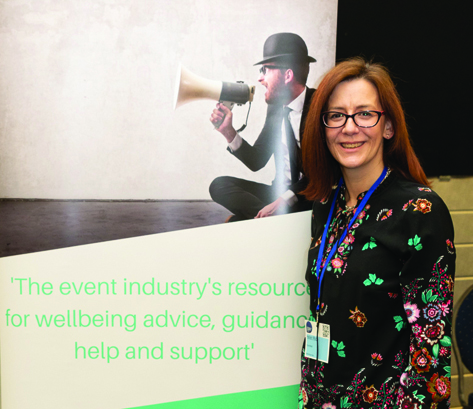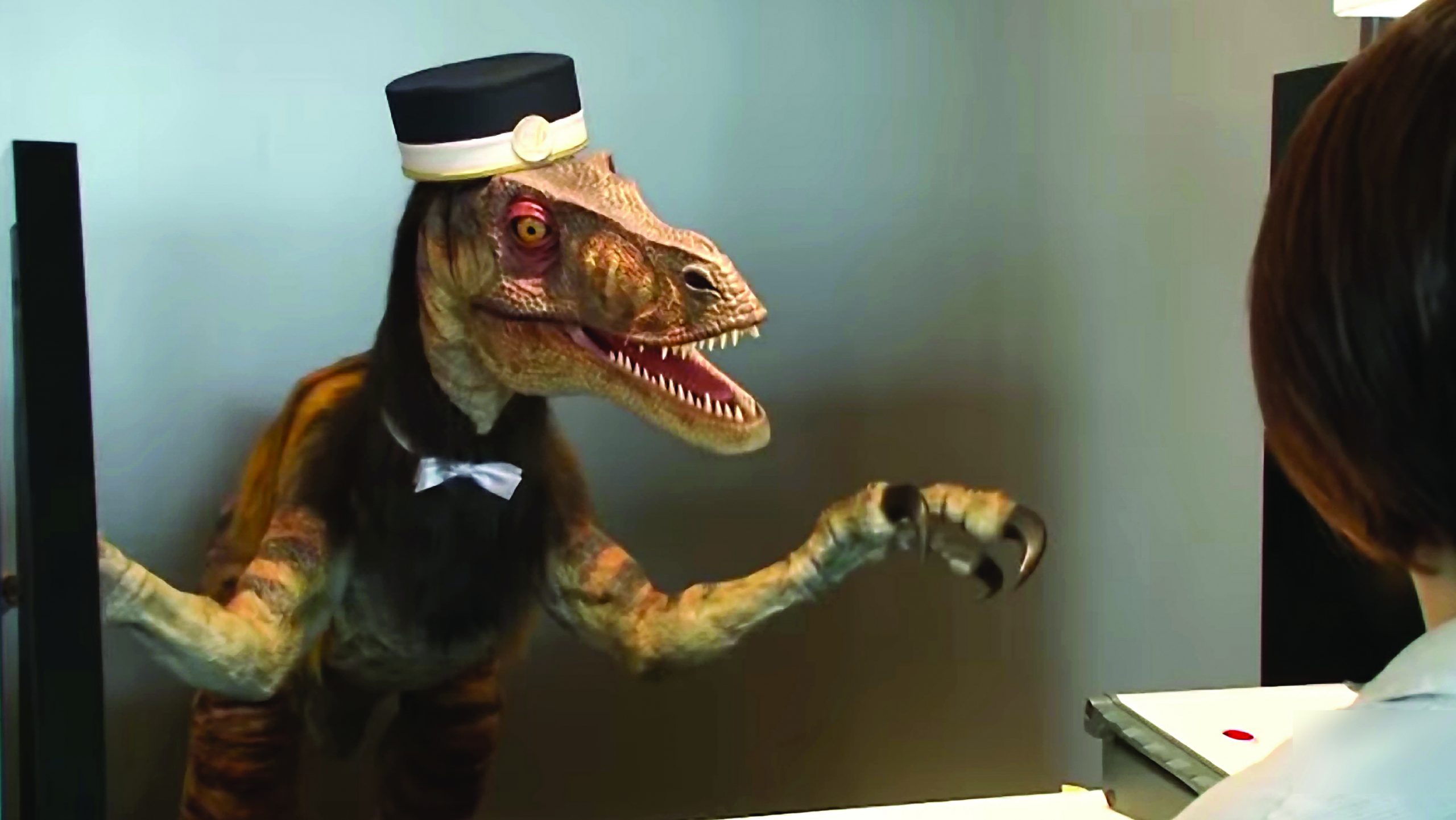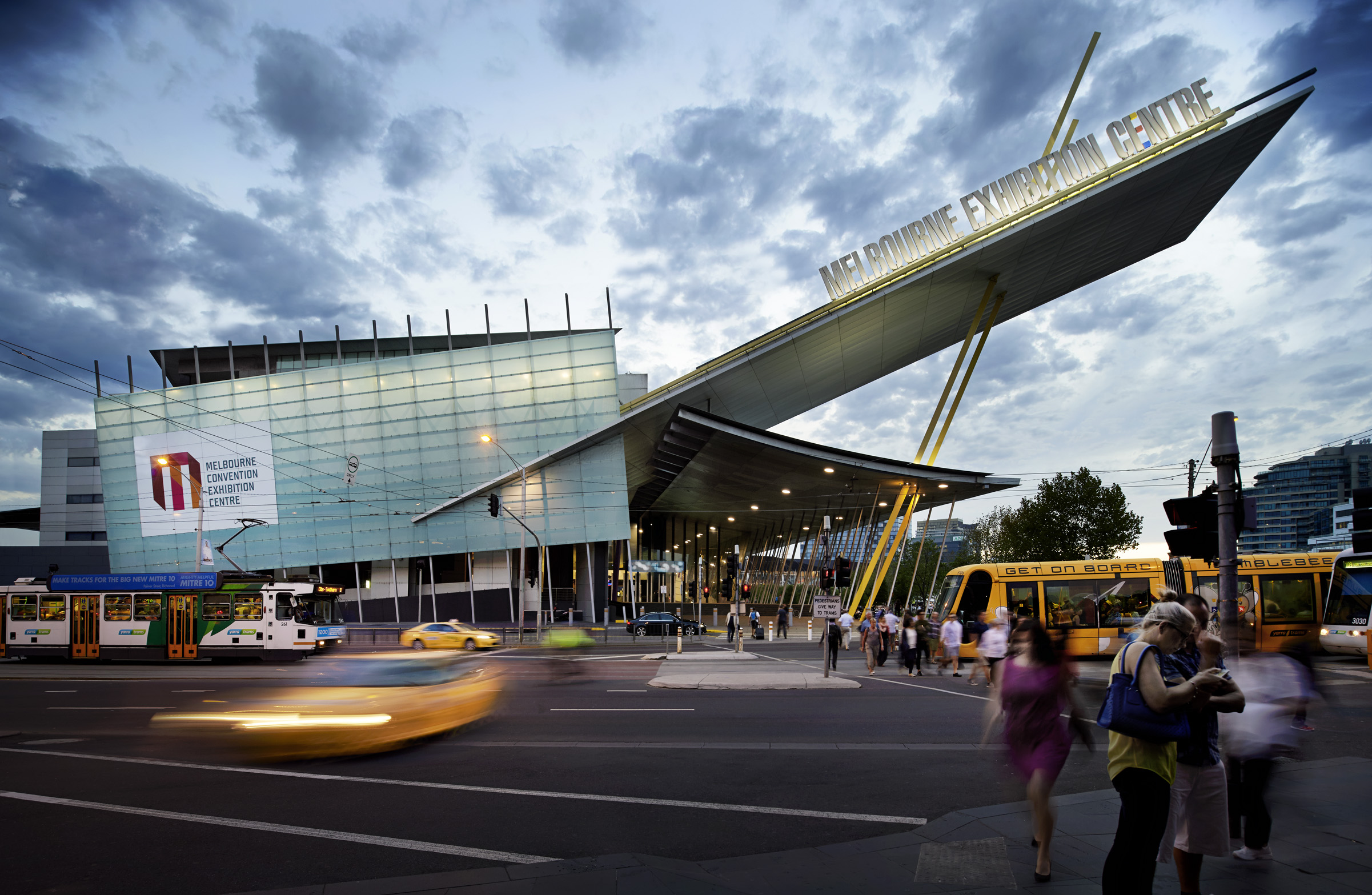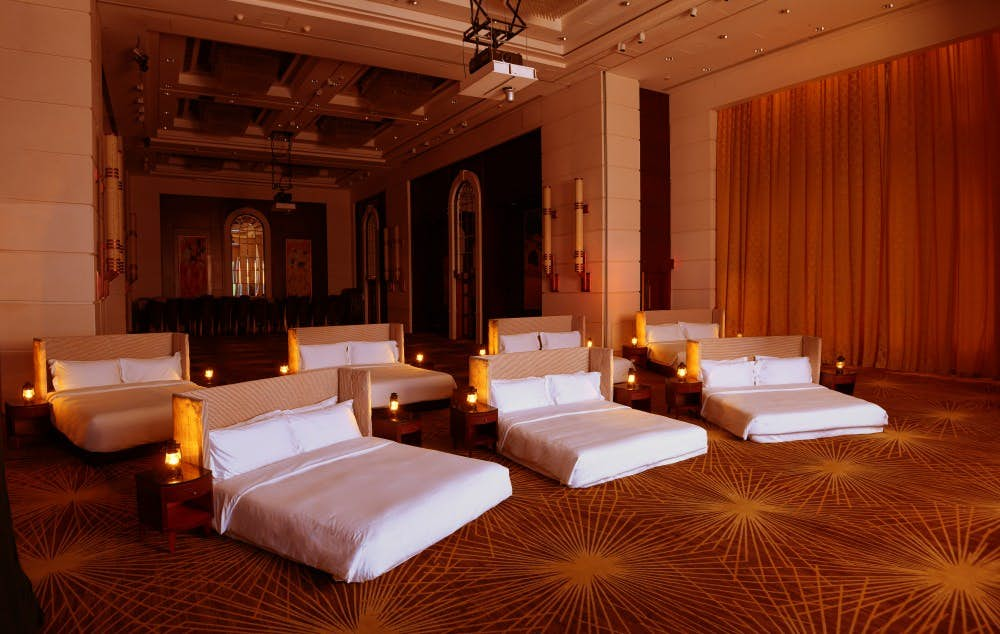WORK is good for the mind and our wellbeing, but it is being increasingly recognised that a negative working environment can lead to physical and mental health problems. This is borne out by the World Health Organisation, which estimates that depression and anxiety cost US$1 trillion a year in lost productivity.
People working in business events and conferences can find themselves laden with a “switched-on” culture, in which it’s more difficult than ever to disconnect from work and its associated stresses, and that certainly can have a negative effect on our wellbeing.
For firms that choose to prioritise employees’ mental health, however, the World Health Organisation has good news: every dollar put into scaled-up treatment for common mental disorders can see a return of $4 in improved health and productivity.
MINDFULNESS
The relationship between good health, both mental and physical, and business performance is largely misunderstood and unknown across the regions, according to Hannah Reidy, CEO of mental health charity Mind Hong Kong (Mind HK). “Our city has one of the longest working hours in the world at an average of 50 hours per week, but this does not automatically equate peak productivity levels.”
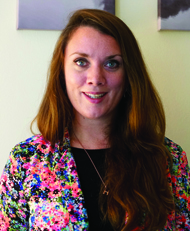 Reidy says the cost of health-related absence and people not working at maximum capacity in business is significant. According to a survey by insurers AIA Vitality, it costs organisations an average of HK$5,742,707 (about US$732,400) and 70 days a year of productivity cost per employee.
Reidy says the cost of health-related absence and people not working at maximum capacity in business is significant. According to a survey by insurers AIA Vitality, it costs organisations an average of HK$5,742,707 (about US$732,400) and 70 days a year of productivity cost per employee.
Mental health problems are still misunderstood by many, with 40 per cent in Hong Kong feeling that one of the main causes of mental illness is a lack of discipline and willpower, according to a 2019 survey by Mind HK. The organisation is encouraging workplaces to take mental health more seriously. “Our core focus at the moment is to destigmatise mental health and normalise the topic. The key mission… is to ensure that no one in Hong Kong has to face a mental health problem alone.”
Mind HK offers courses such as Mental Health 101, a 1.5-hour introductory training session, and Mental Health First Aid, a 12-hour internationally accredited course that seeks to teach participants how to help someone developing or experiencing a mental health crisis. This course has become more popular recently, both in Hong Kong and internationally. “Raising awareness of mental health in the workplace allows it to be more normalised – mental health will be seen as a recognised concern in the company and staff members will be more like to speak out about any problems that arise or are existing,” she says.
Planners who lead projects should also show staff that there is help available and make note of who they can speak to if they need help, she says.
“Simply bringing up the topic of mental health to employees will immediately destigmatise it, enabling workers to feel more comfortable to speak out about any problems and seek help. Creating a mentally healthy workplace requires senior leaders to set the precedence; for example, enforcing flexible hours and styles will not work if your manager stays in the office until 9pm daily.”
On a more positive note, Reidy is encouraged to see more technology and online mental health services emerging, with an increasing number of apps being developed in the mental health sector. “Collectively, and when appropriately monitored and supported, these kind of ideas can be incredibly helpful to the community.”
WELLNESS PLATFORMS
Hotel giant Accor has just launched a new wellness e-book, Health in the Workplace, across Asia Pacific. It outlines how staff can take care of their mental and physical health and includes sections on nutrition, exercise, health, stress management and work-life balance.
 Gaynor Reid, Accor’s vice president of communications and CSR, Asia Pacific, says that as hospitality is an industry that can involve long hours and the stress of big events, teams are encouraged to adopt work-life harmony.
Gaynor Reid, Accor’s vice president of communications and CSR, Asia Pacific, says that as hospitality is an industry that can involve long hours and the stress of big events, teams are encouraged to adopt work-life harmony.
“We created the wellbeing e-book to help our staff understand how to care for themselves and we encourage work from home days for head office staff and shift balance for those at hotel level.” In Australia, it also provides access to resources, activities and services through a bespoke wellness procurement platform where staff can access counselling, wellness checks and coaching services.
All owned, leased and managed hotels in Australia across all brands have a wellness platform that provides hotel management teams with ideas and inspiration, and the means to book the services directly or engage with wellbeing professionals in partner organisations. The platform assists the hotel in setting out a wellbeing journey and provides access to diagnostic tools such as the Wellbeing @ Work Index, says Reid.
There is also an Employee Assistance Programme (EAP) through which staff and their families have access to free and confidential counselling, support and coaching services through a professional partner. “In recognition of the importance of mental health there is a new mental health and holistic wellbeing programme called Check-In to help team members be better connected with their mental health status and build knowledge and resilience,” she adds.
In Asia, Reid finds that there is a lot less open conversation about mental health compared with Australia, the US and Europe, where people understand that mental health is a real issue that affects as many people as physical health issues. “We are currently reviewing our CSR policies and programmes globally and one of the big areas that has been identified… is how we can improve our support of mental health programmes in Asia. It is certainly an area where we would like to move the dial – not only for our staff but also looking at how we can support mental health organisations in the region for much wider change.”
MCEC: PEER SUPPORT
Work-related mental health conditions have become a major concern in Australian workplaces due to the negative impact on individual employees, and the costs associated with the long periods away from work that are typical of these claims, says Darren Home, senior manager of security and safety at the Melbourne Convention and Exhibition Centre.
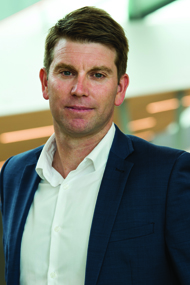 A report by Worksafe Victoria found that mental health accounts for 11 per cent of workers’ compensation claims in the state and is the second most common cause of workers’ compensation claims across Australia.
A report by Worksafe Victoria found that mental health accounts for 11 per cent of workers’ compensation claims in the state and is the second most common cause of workers’ compensation claims across Australia.
Building a safe, inclusive culture for all employees translates into an engaged workforce committed to providing the best possible outcome for MCEC customers, says Home. Like Accor, it engages with an external AP provider, meaning all employees have access to free and confidential counselling.
In 2018, MCEC introduced the Peer Support Network, which saw 30 employees within the organisation undertaking mental health first-aid training. It also engaged an accredited external provider to deliver a two-day course in mental health first aid.
The 30 employees appointed as peer support officers provide frontline support.
“Trained peers are highly valued by colleagues in that they understand the work culture, are easily accessible, and can provide confidential support in a variety of circumstances. Peers are often the first to notice subtle changes in a colleague’s behaviour or demeanour and can respectfully inquire about the colleague’s wellbeing in a low-key manner,” says Home.
The programme has witnessed great success so far in engaging employees’ engagement and increasing the number of referrals to the EAP. “The peer support programme is a component of our health and wellbeing programme, which is a programme of free activities for all employees including mindfulness, yoga, personal training, massages, and ride-to-work initiatives,” he adds.
POSITIVE CHANGE
Eventwell is campaigning for mental health awareness across the events industry – and its resources can be used by planners worldwide
WHEN tackling the issue of mental health, the Asian events industry can learn from Eventwell, the event industry’s first and only charitable social enterprise and dedicated resource for health and wellbeing advice, knowledge and support.
It encourages event professionals to come together to make tangible change to the event industry’s relationship with wellbeing through campaigns, including Event Wellbeing Week (September 16-20). Now in its third year, its campaign message for 2019 is #itsoktonotbeok.
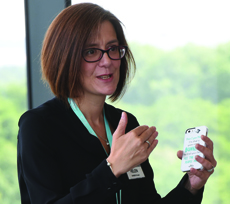 Helen Moon set up Eventwell to encourage understanding, inspire positive teamwork and change attitudes to selfcare, following her own mental health struggles. It will run several training courses, including Mental Health First Aid and awareness courses, alongside campfire sessions.
Helen Moon set up Eventwell to encourage understanding, inspire positive teamwork and change attitudes to selfcare, following her own mental health struggles. It will run several training courses, including Mental Health First Aid and awareness courses, alongside campfire sessions.
“These enable teams to get together to have open dialogue and conversations around mental health and wellbeing in the workplace and get advice from a trained expert in the wellbeing space,” Moon says.
“They are relaxed and friendly to put people at ease rather than a speaker on a stage, so a bit more intimate and informal. They are a great way to get teams talking with one another about their wellbeing,” says Moon. While the website is UK-based, the information and resources apply to any professional working in the industry, wherever they are in the world.
Moon says she would like to see a mental health first aider in every event business alongside physical health first aiders. “Mental and physical health are so intrinsically linked, things we do to benefit our physical health also benefit our mental health and this would send the positive message that both are of equal importance.”
One effort everyone in the events industry can make is to put together their own self-care plans. “Better wellbeing across the whole industry rests with us as individuals first and foremost. Once this becomes second nature for us as individuals it will become second nature for managers and businesses to be investing in better wellbeing for their teams.”
eventwell.org
